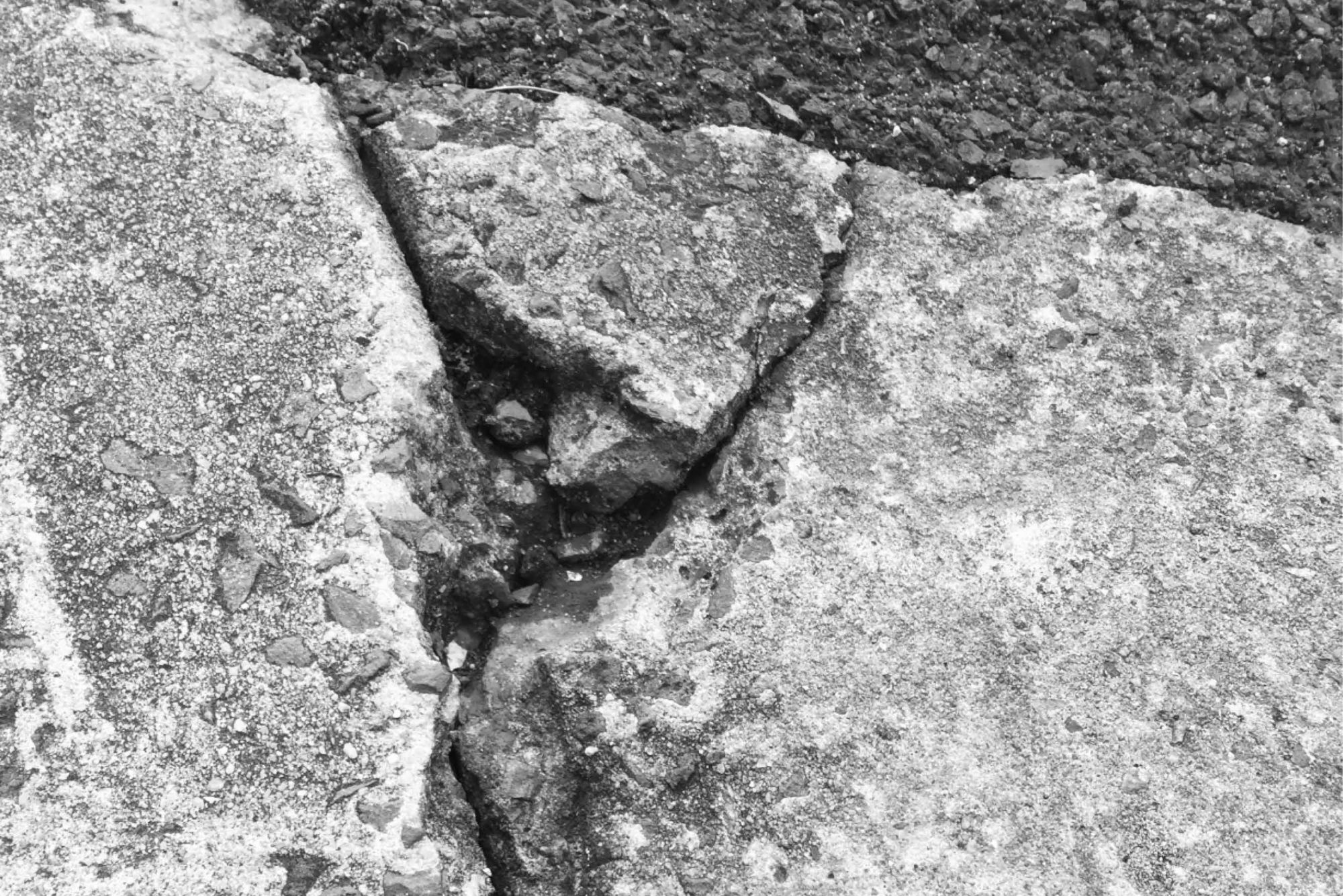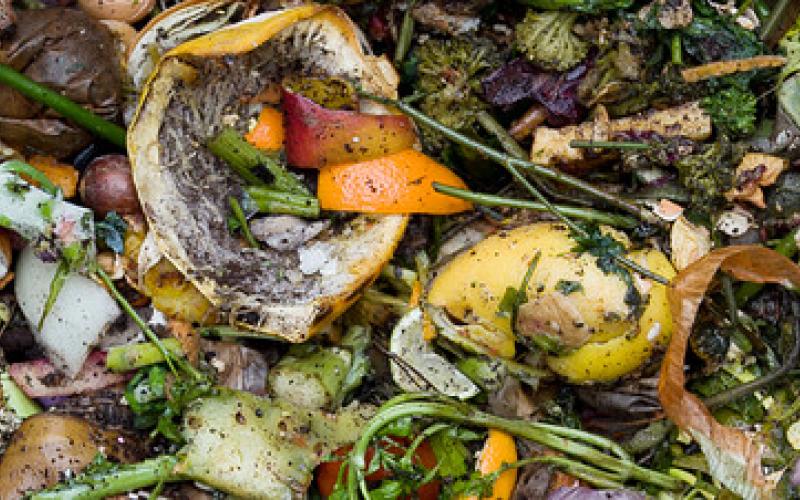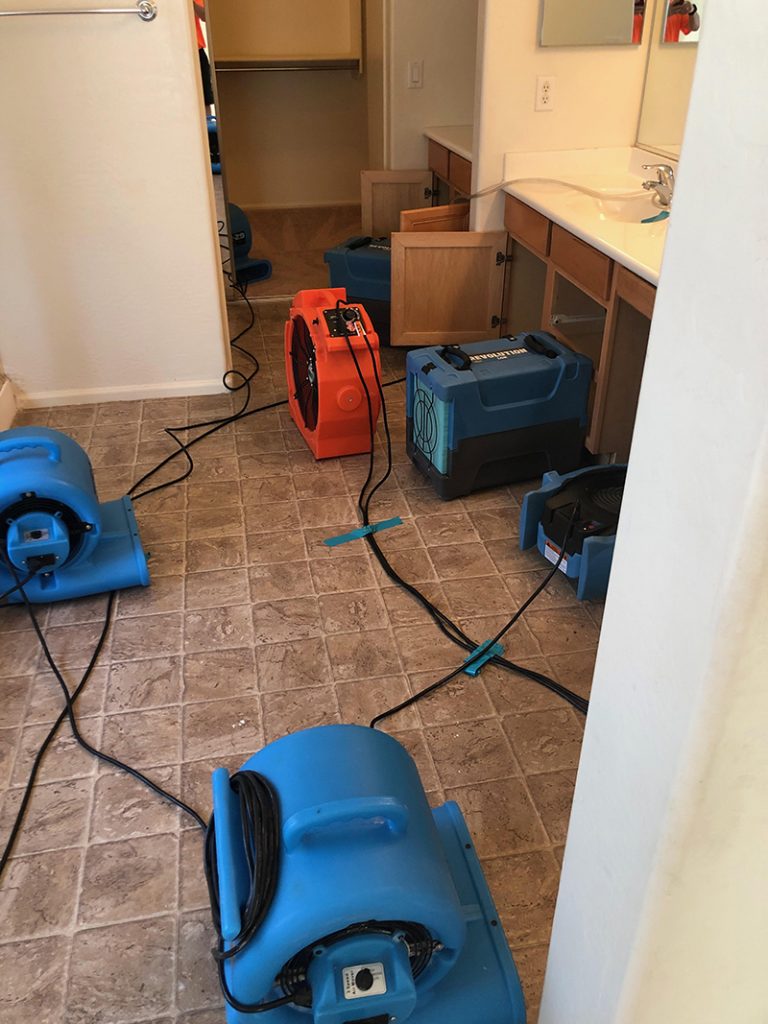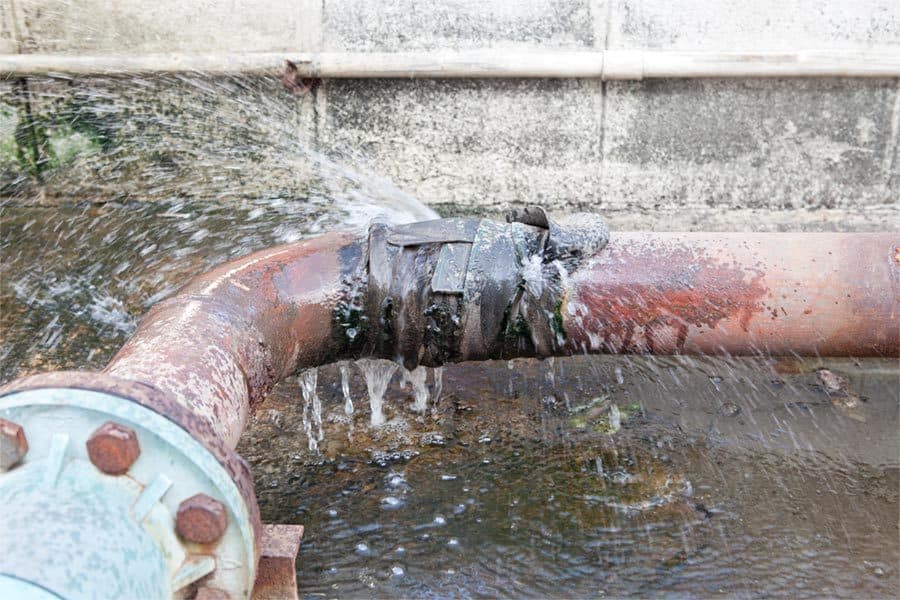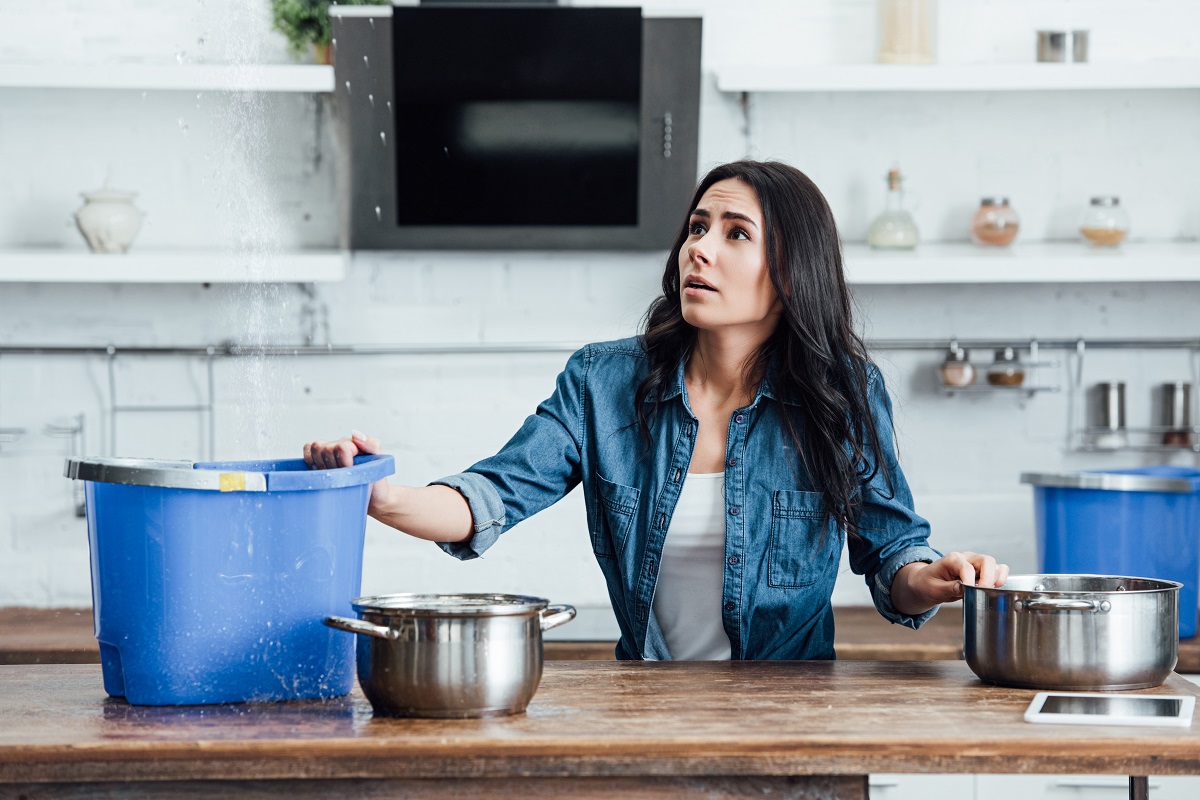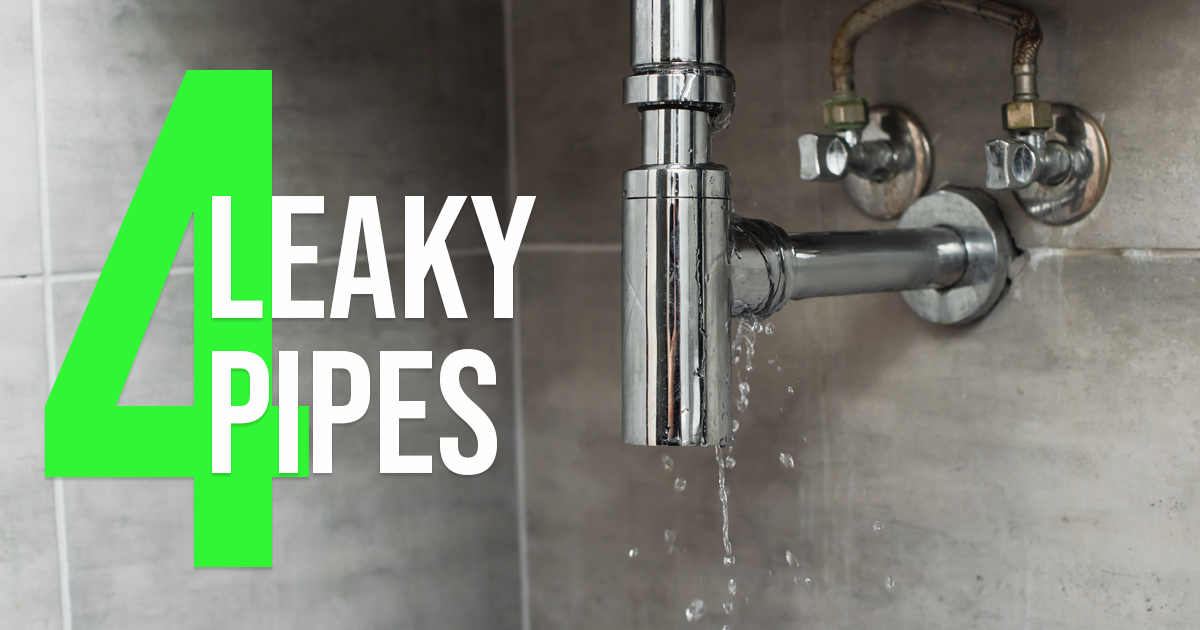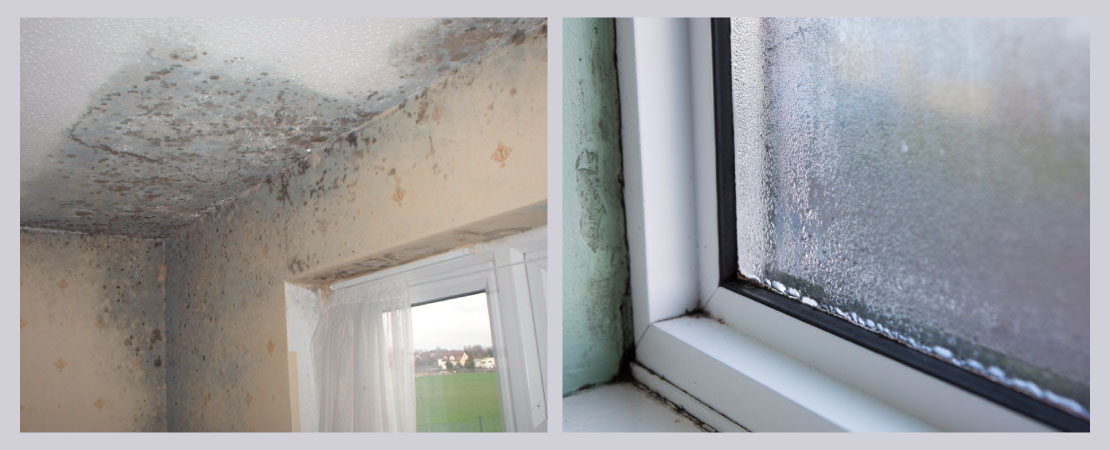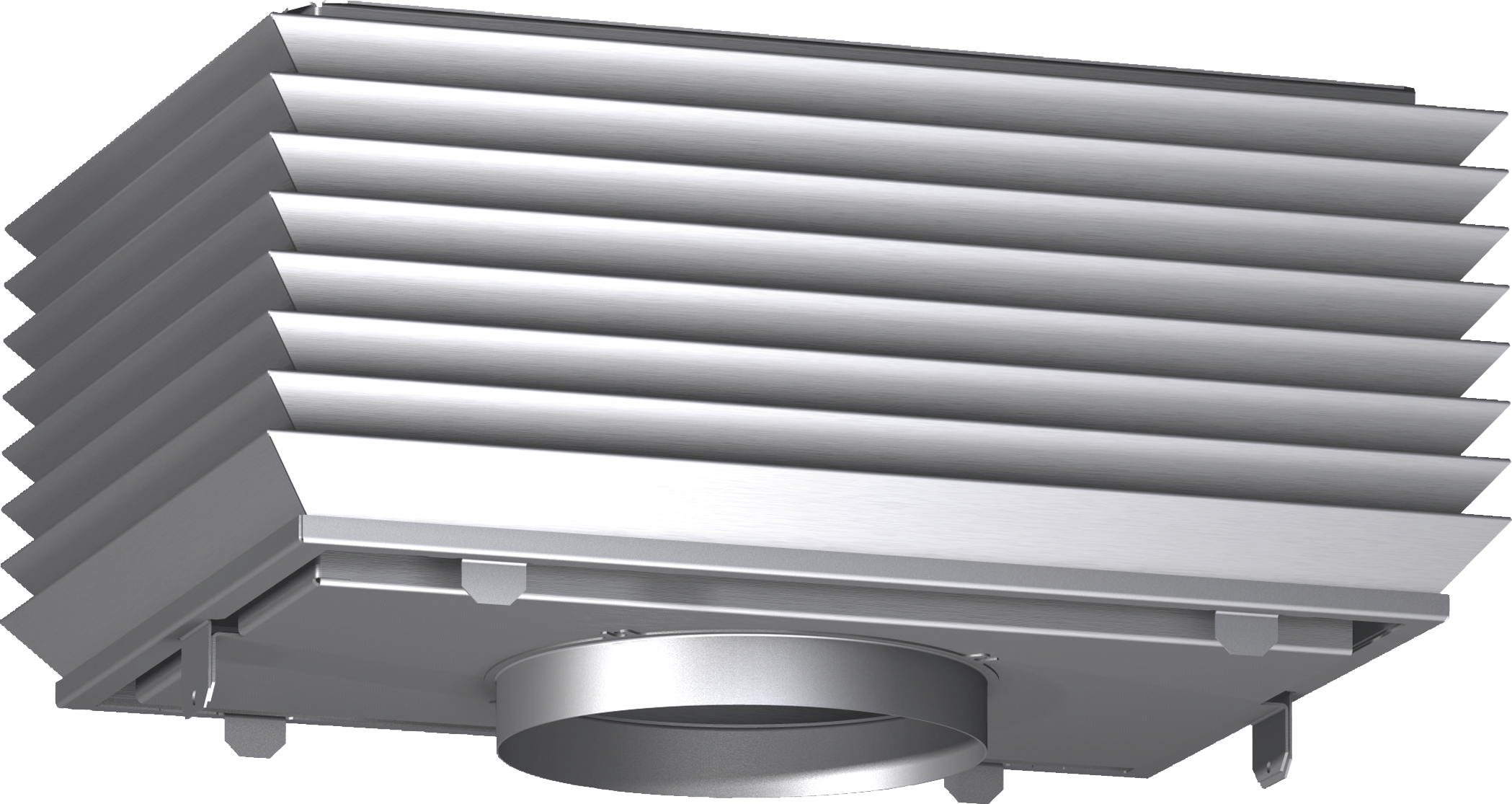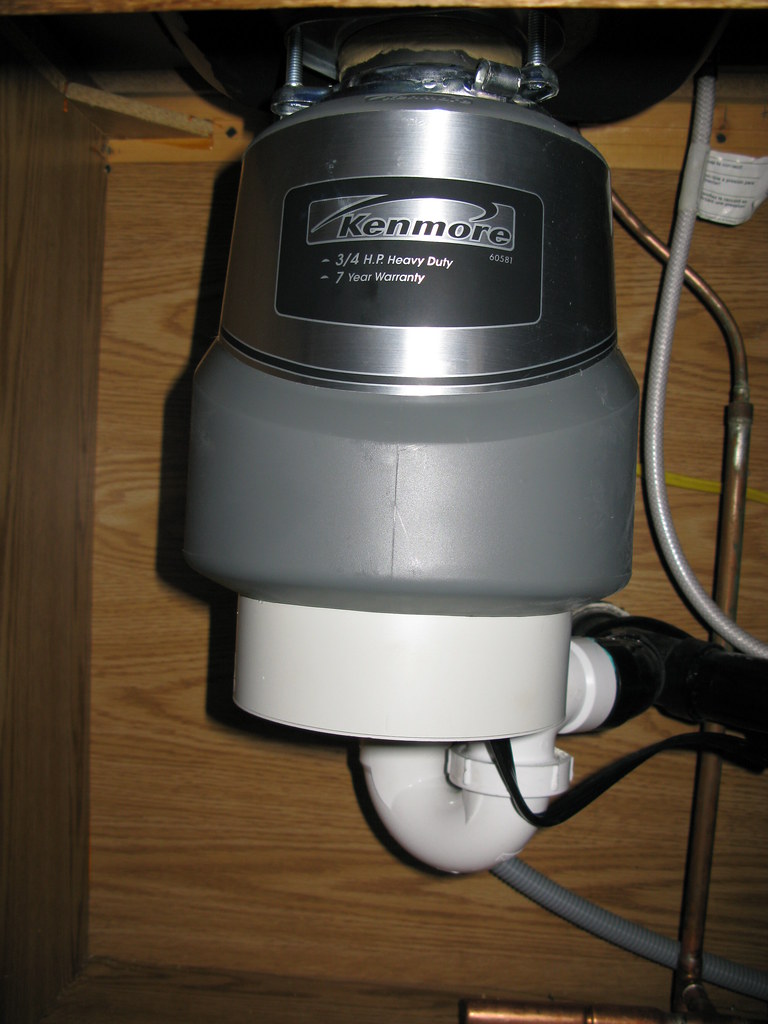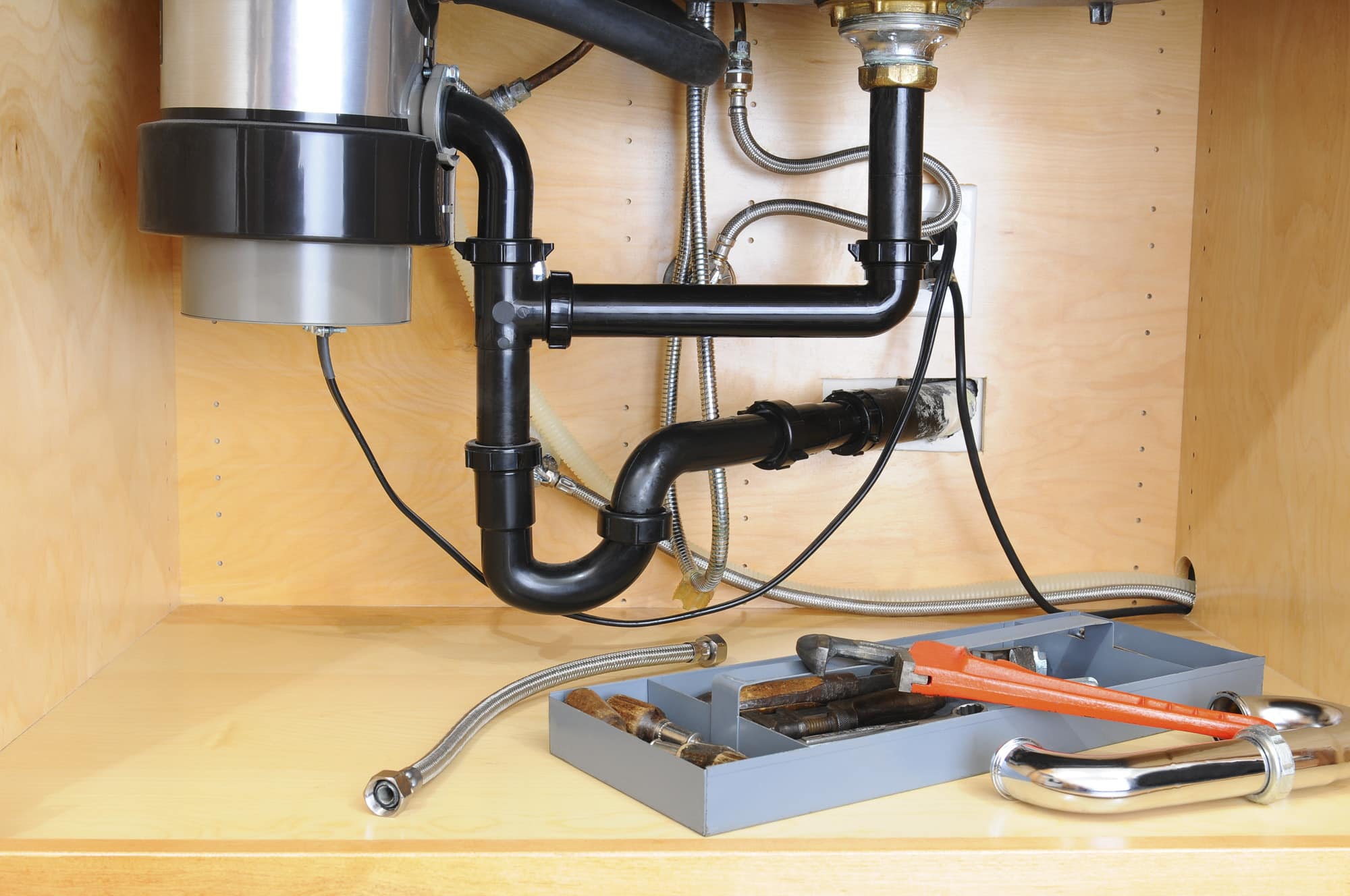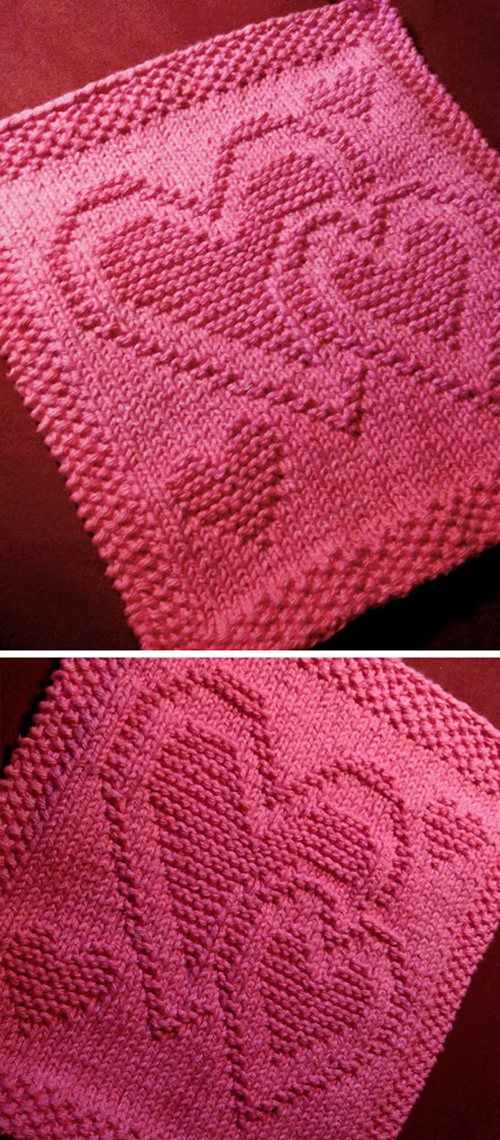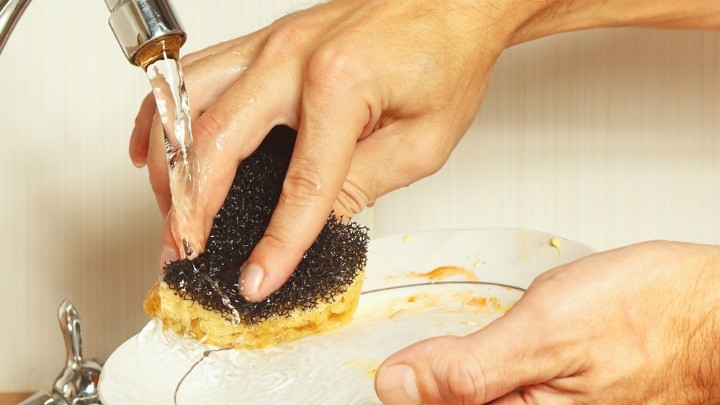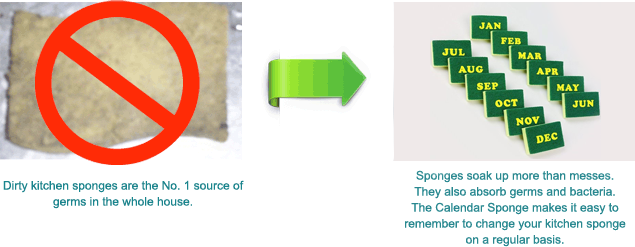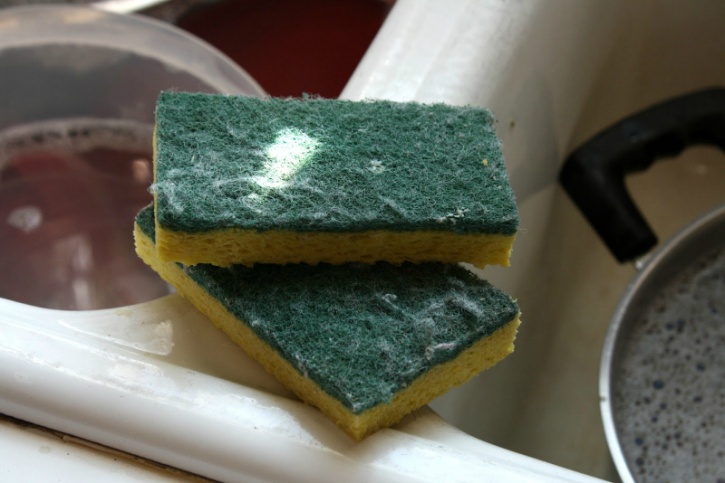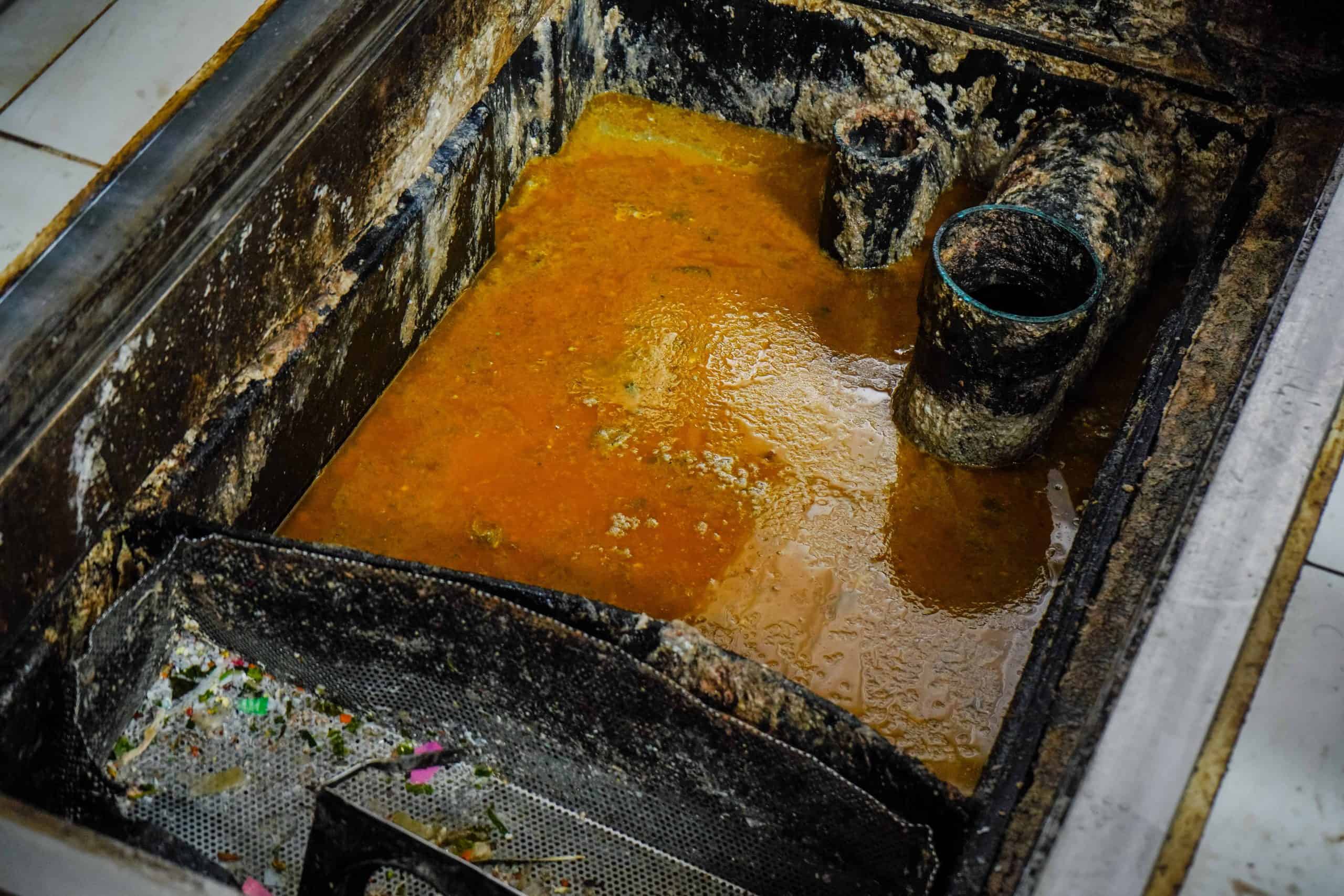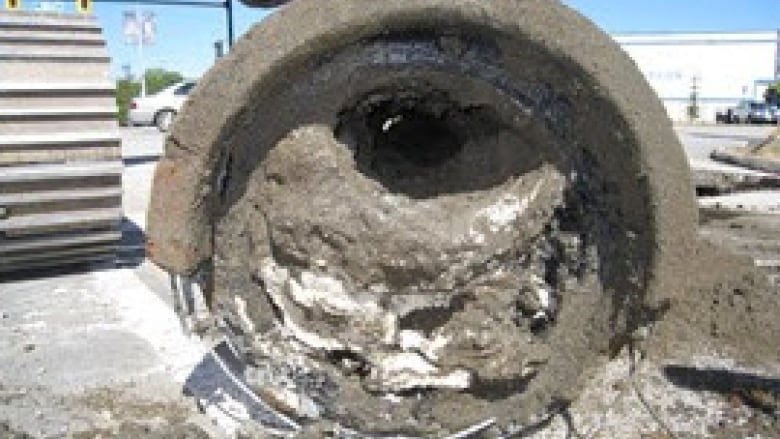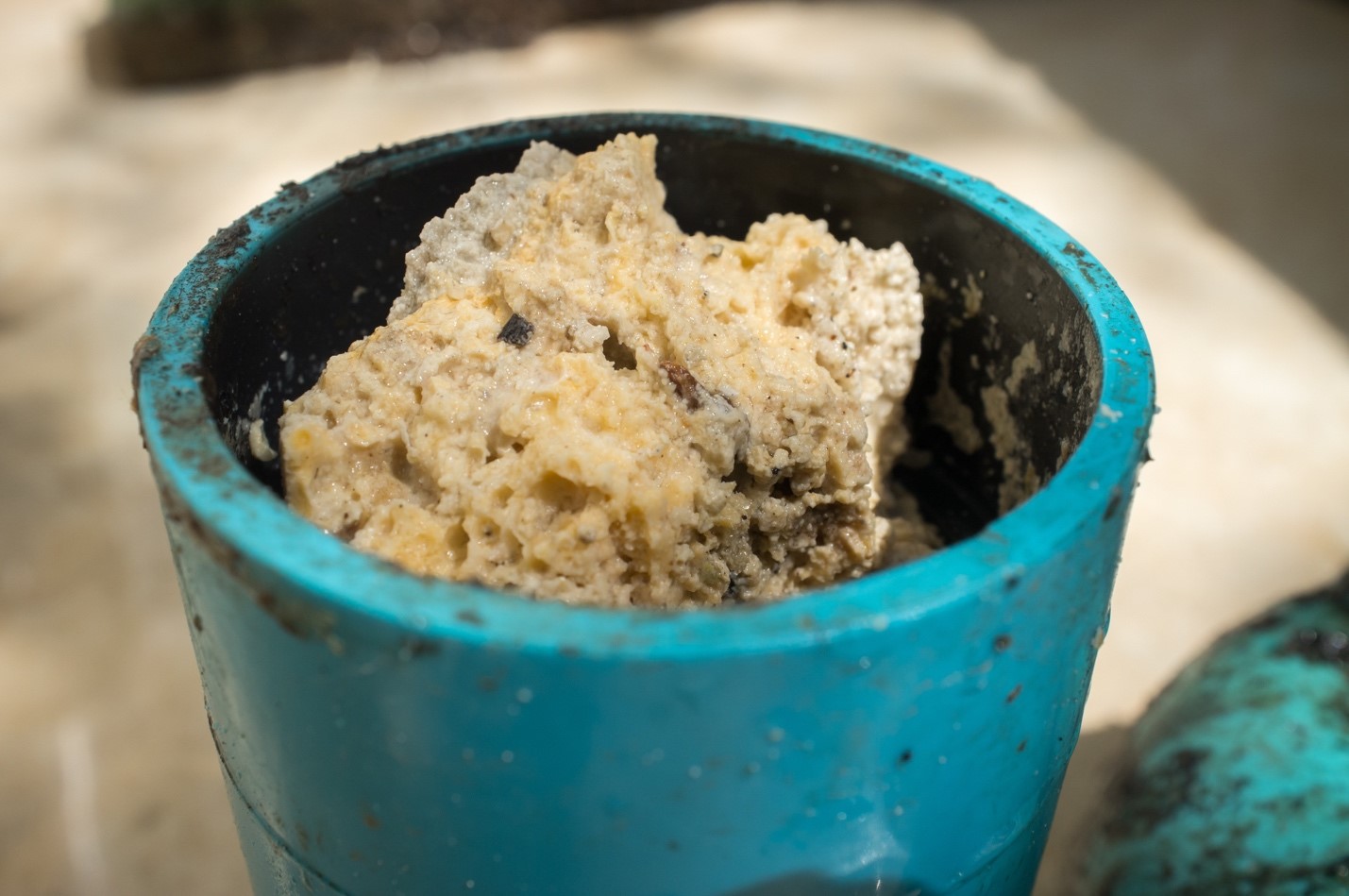If you've noticed a damp smell coming from your kitchen sink, it could be a sign of mold and mildew growth. These fungi thrive in moist environments, making your kitchen sink the perfect breeding ground. Not only can mold and mildew cause unpleasant odors, but they can also be harmful to your health. Exposure to mold and mildew can lead to respiratory issues and allergies, so it's important to address this issue immediately.1. Mold and Mildew Growth
A clogged drain is another common cause of a damp smell in the kitchen sink. When food particles, grease, and other debris build up in your drain, they can create a blockage. This blockage traps water and leads to stagnant water in your sink, causing a musty smell. It's important to regularly clean your drain to prevent clogs and keep your sink smelling fresh.2. Clogged Drain
If you have a habit of leaving dishes in the sink or not properly drying the sink after use, you may notice a damp smell. This is because standing water can accumulate in your sink, creating a breeding ground for bacteria and other microorganisms. To prevent this, make sure to properly dry your sink after use and avoid leaving dishes in the sink for extended periods.3. Standing Water
Speaking of bacteria, it's not uncommon for bacteria to build up in your kitchen sink. This can happen due to food residue, dirty sponges or dishcloths, and other sources. When bacteria grow and multiply, they can produce a foul odor. Regularly cleaning and disinfecting your sink can help prevent bacterial buildup and keep your kitchen smelling fresh.4. Bacterial Buildup
If you don't thoroughly clean your dishes before putting them in the sink or if you let them sit in the sink for too long, food residue can build up and cause a damp smell. This is especially true for foods with strong odors, such as fish or onions. Make sure to properly clean your dishes and remove any food residue to prevent this issue.5. Old Food Residue
If you've ruled out all other causes and still notice a damp smell in your kitchen sink, it's possible that you have a leaky pipe. Leaks can occur under the sink or even within the pipes themselves, and they can cause mold and mildew growth and musty odors. If you suspect a leak, it's best to call a plumber to fix the issue before it causes further damage.6. Leaky Pipes
Proper ventilation is important in any kitchen, especially near the sink. If your kitchen is poorly ventilated, steam and moisture from cooking and using the sink can get trapped and lead to a damp smell. Installing a ventilation fan or opening a window while using the sink can help reduce moisture and prevent odors.7. Improper Ventilation
If you have a garbage disposal in your kitchen sink, it's important to use it properly. Putting the wrong types of food or too much food down the disposal can cause clogs and lead to a damp smell. Make sure to only put small amounts of food down the disposal and avoid putting anything that can't easily break down, such as eggshells or coffee grounds.8. Garbage Disposal Issues
It's easy to forget about the dishcloth or sponge sitting next to the sink, but these items can harbor a lot of bacteria and contribute to a damp smell. Make sure to regularly wash your dishcloth or sponge and replace them when they become old and worn out. You can also try using a dish brush or disposable sponge to prevent bacteria buildup.9. Dirty Dishcloth or Sponge
When you wash greasy dishes in the sink, some of that grease and oil can get stuck in the pipes and cause a buildup over time. This can lead to clogs and a damp smell. To prevent this, try wiping excess grease and oil off dishes before washing them in the sink or use a degreasing agent to clean your sink regularly. In conclusion, a damp smell in your kitchen sink can be caused by a variety of factors, from mold and mildew growth to clogged drains and leaky pipes. By regularly cleaning and maintaining your sink, you can prevent these issues and keep your kitchen smelling fresh. If the smell persists or you suspect a more serious issue, don't hesitate to call a professional for help.10. Grease and Oil Buildup
Damp Smell in the Kitchen Sink: Causes and Solutions

Introduction
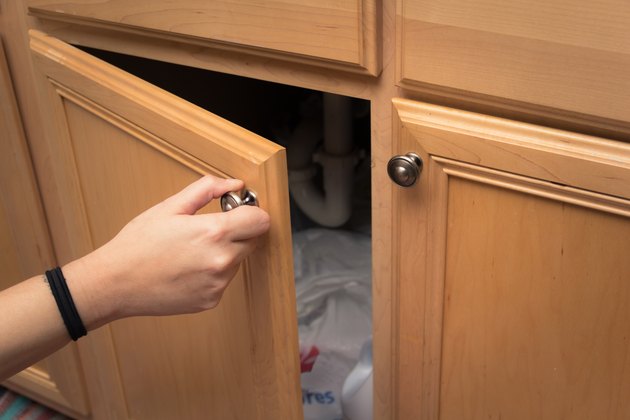 The kitchen is often considered the heart of the home, a place where families gather to cook, eat, and socialize. But what happens when an unpleasant smell starts emanating from the kitchen sink? That damp, musty odor can quickly turn a welcoming space into an unpleasant one. In this article, we will explore the possible causes of a damp smell in the kitchen sink and provide solutions to eliminate it, ensuring your kitchen remains a fresh and inviting space.
The kitchen is often considered the heart of the home, a place where families gather to cook, eat, and socialize. But what happens when an unpleasant smell starts emanating from the kitchen sink? That damp, musty odor can quickly turn a welcoming space into an unpleasant one. In this article, we will explore the possible causes of a damp smell in the kitchen sink and provide solutions to eliminate it, ensuring your kitchen remains a fresh and inviting space.
The Causes of a Damp Smell in the Kitchen Sink
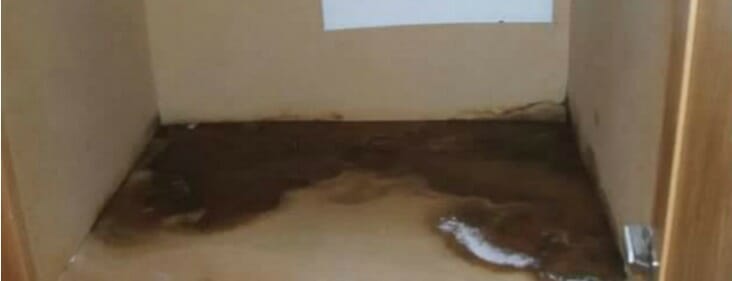 There are various reasons why a damp smell may be present in your kitchen sink. One of the most common causes is the accumulation of food particles and other debris in the drain. This can lead to bacterial growth, which produces the unpleasant odor. Another culprit could be a clogged drain, which can trap moisture and create a breeding ground for mold and mildew.
There are various reasons why a damp smell may be present in your kitchen sink. One of the most common causes is the accumulation of food particles and other debris in the drain. This can lead to bacterial growth, which produces the unpleasant odor. Another culprit could be a clogged drain, which can trap moisture and create a breeding ground for mold and mildew.
Solutions to Eliminate the Damp Smell
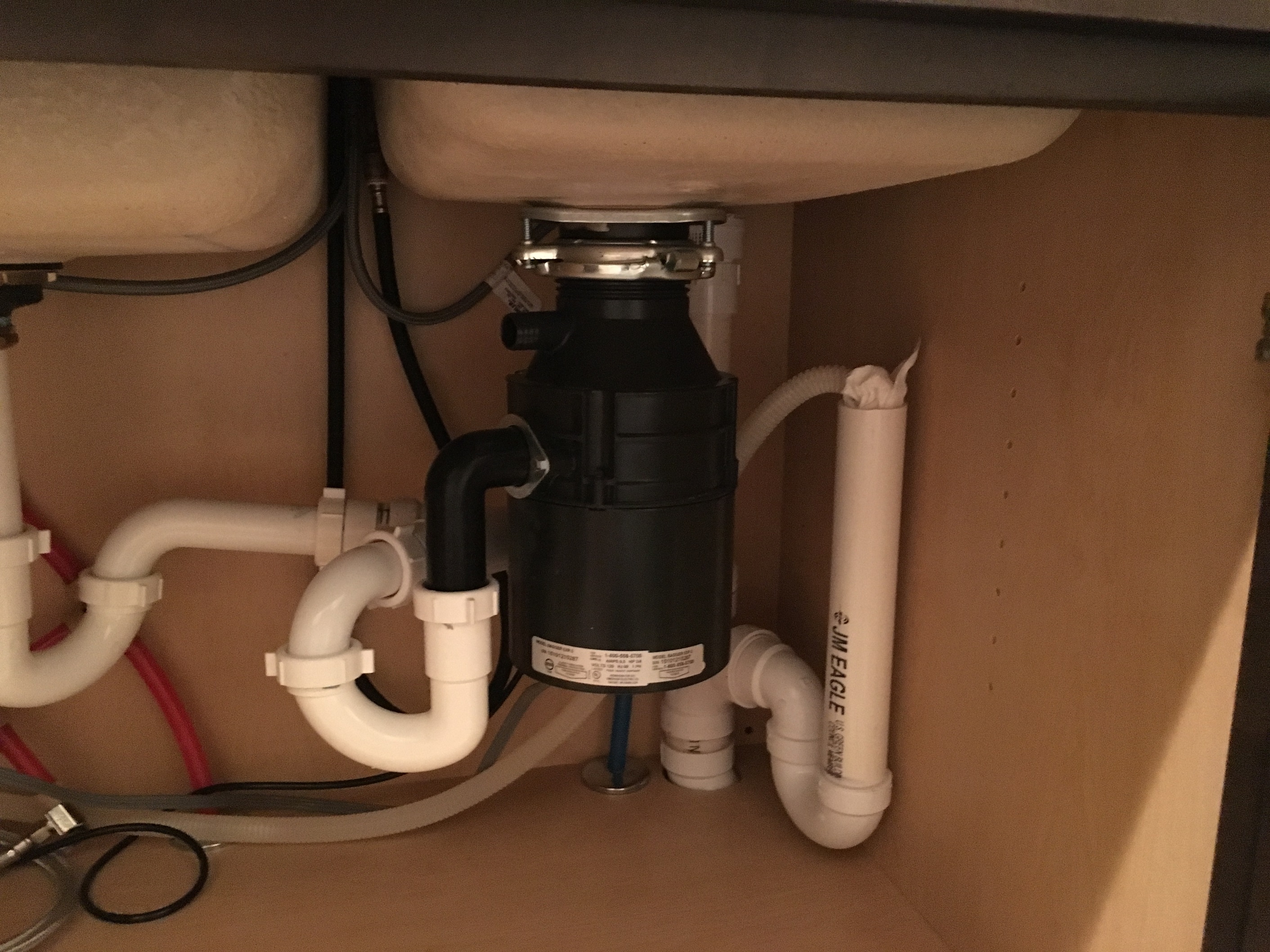 Regular Cleaning:
The first step in eliminating a damp smell in the kitchen sink is to regularly clean it. This includes removing any food particles and debris from the drain and using a disinfectant to kill any bacteria.
Use a Garbage Disposal:
If your kitchen sink has a garbage disposal, make sure to use it regularly to grind up any food scraps. This will prevent them from accumulating in the drain and causing a foul odor.
Pour Boiling Water Down the Drain:
Another quick and easy solution is to pour boiling water down the drain. This will help to break down any grease or food particles that may be causing the smell.
Unclog the Drain:
If the damp smell persists, it may be a sign of a clogged drain. In this case, you can use a plunger or a drain snake to remove the blockage and improve the drainage.
Use Baking Soda and Vinegar:
For a more natural solution, you can mix baking soda and vinegar and pour it down the drain. This will create a bubbling reaction that can help to break down any buildup and eliminate the smell.
Regular Cleaning:
The first step in eliminating a damp smell in the kitchen sink is to regularly clean it. This includes removing any food particles and debris from the drain and using a disinfectant to kill any bacteria.
Use a Garbage Disposal:
If your kitchen sink has a garbage disposal, make sure to use it regularly to grind up any food scraps. This will prevent them from accumulating in the drain and causing a foul odor.
Pour Boiling Water Down the Drain:
Another quick and easy solution is to pour boiling water down the drain. This will help to break down any grease or food particles that may be causing the smell.
Unclog the Drain:
If the damp smell persists, it may be a sign of a clogged drain. In this case, you can use a plunger or a drain snake to remove the blockage and improve the drainage.
Use Baking Soda and Vinegar:
For a more natural solution, you can mix baking soda and vinegar and pour it down the drain. This will create a bubbling reaction that can help to break down any buildup and eliminate the smell.
In Conclusion
 A damp smell in the kitchen sink can be a nuisance, but with regular cleaning and a few simple solutions, it can be easily eliminated. By identifying the cause and taking preventative measures, you can ensure that your kitchen remains a fresh and inviting space for your family and guests. Say goodbye to that unpleasant odor and hello to a clean and fresh-smelling kitchen.
A damp smell in the kitchen sink can be a nuisance, but with regular cleaning and a few simple solutions, it can be easily eliminated. By identifying the cause and taking preventative measures, you can ensure that your kitchen remains a fresh and inviting space for your family and guests. Say goodbye to that unpleasant odor and hello to a clean and fresh-smelling kitchen.



:max_bytes(150000):strip_icc()/identifying-mold-vs-mildew-4799138-final-4266e4b3d84c4401a7c1d8b6835dcc97.png)


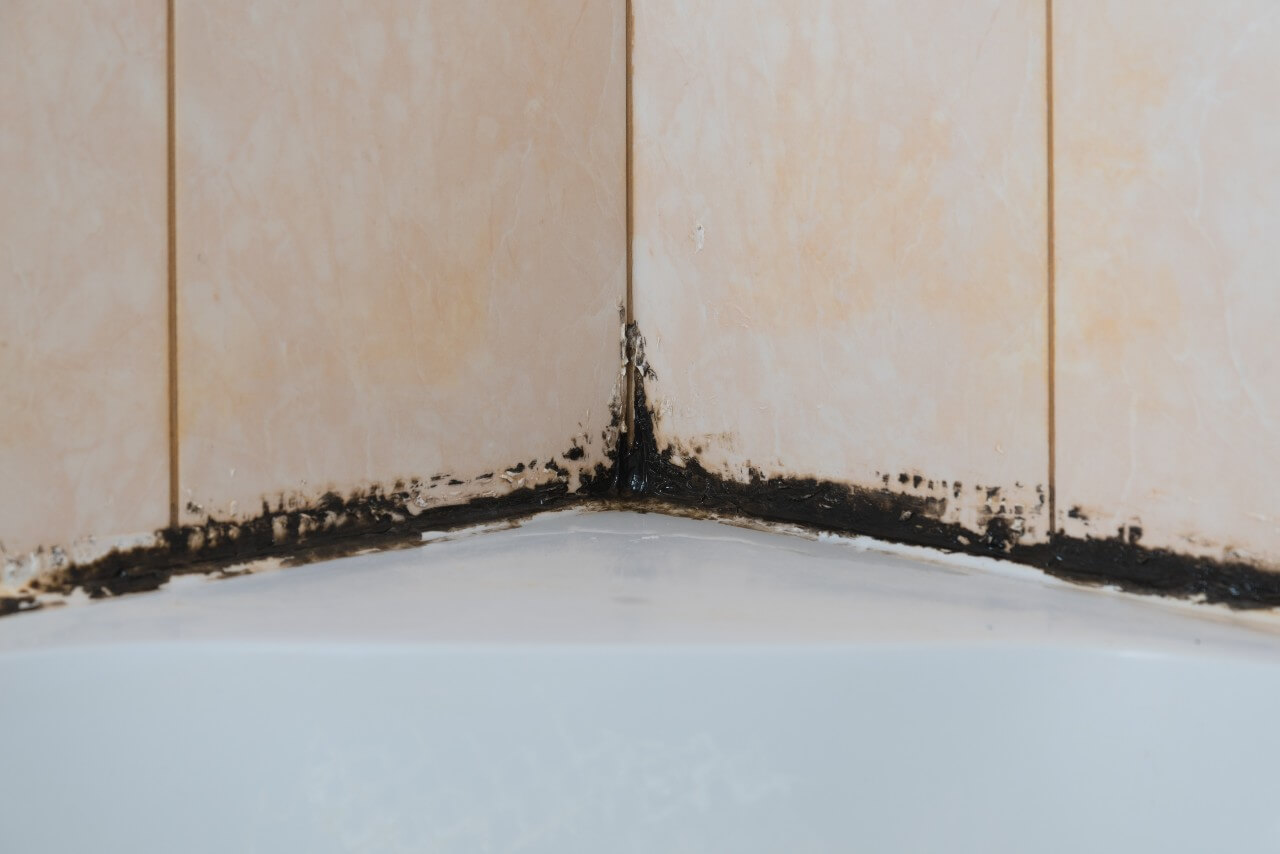
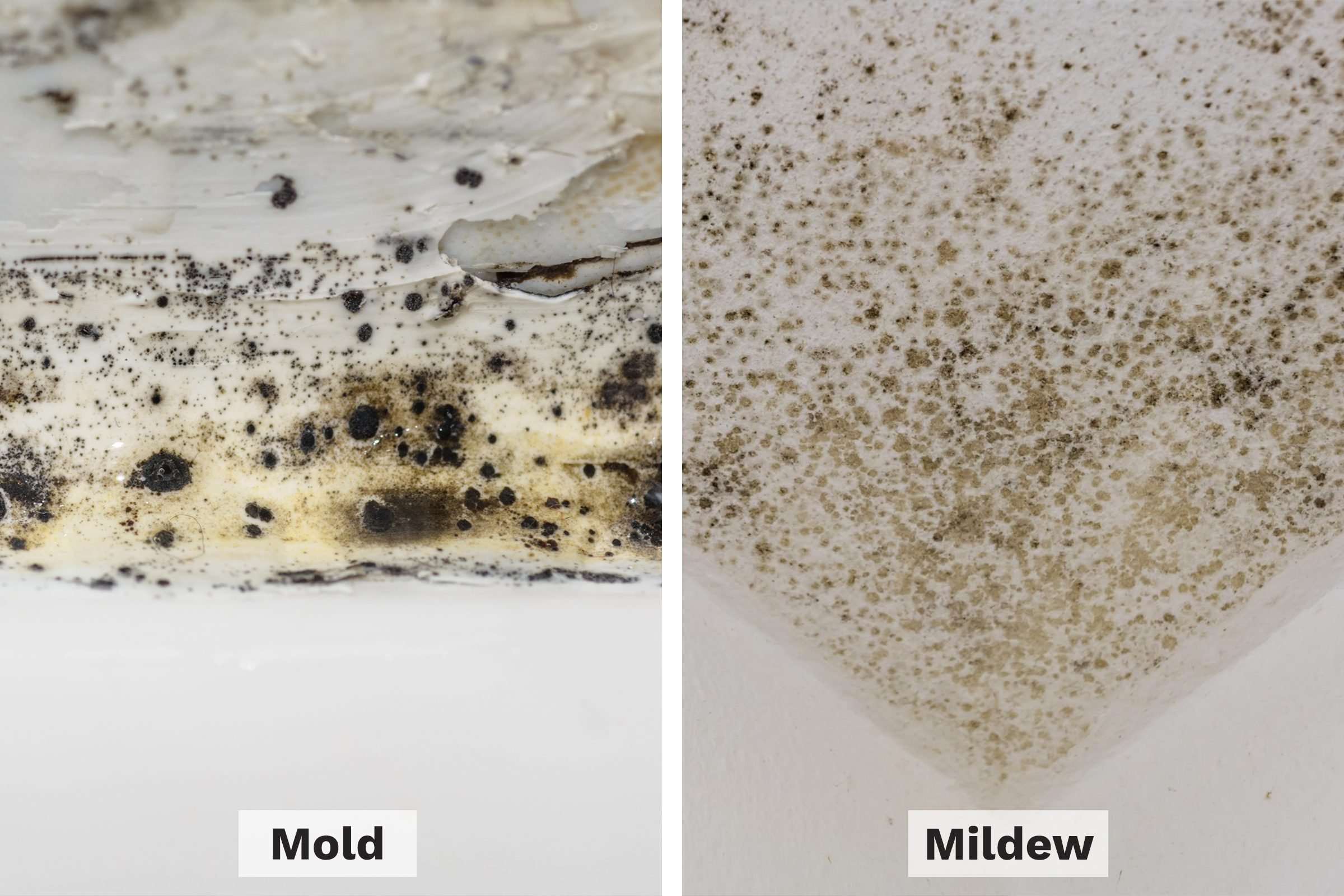
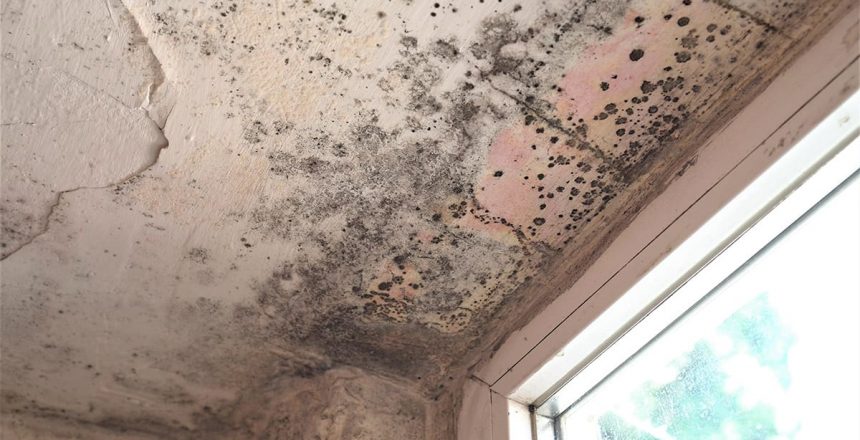

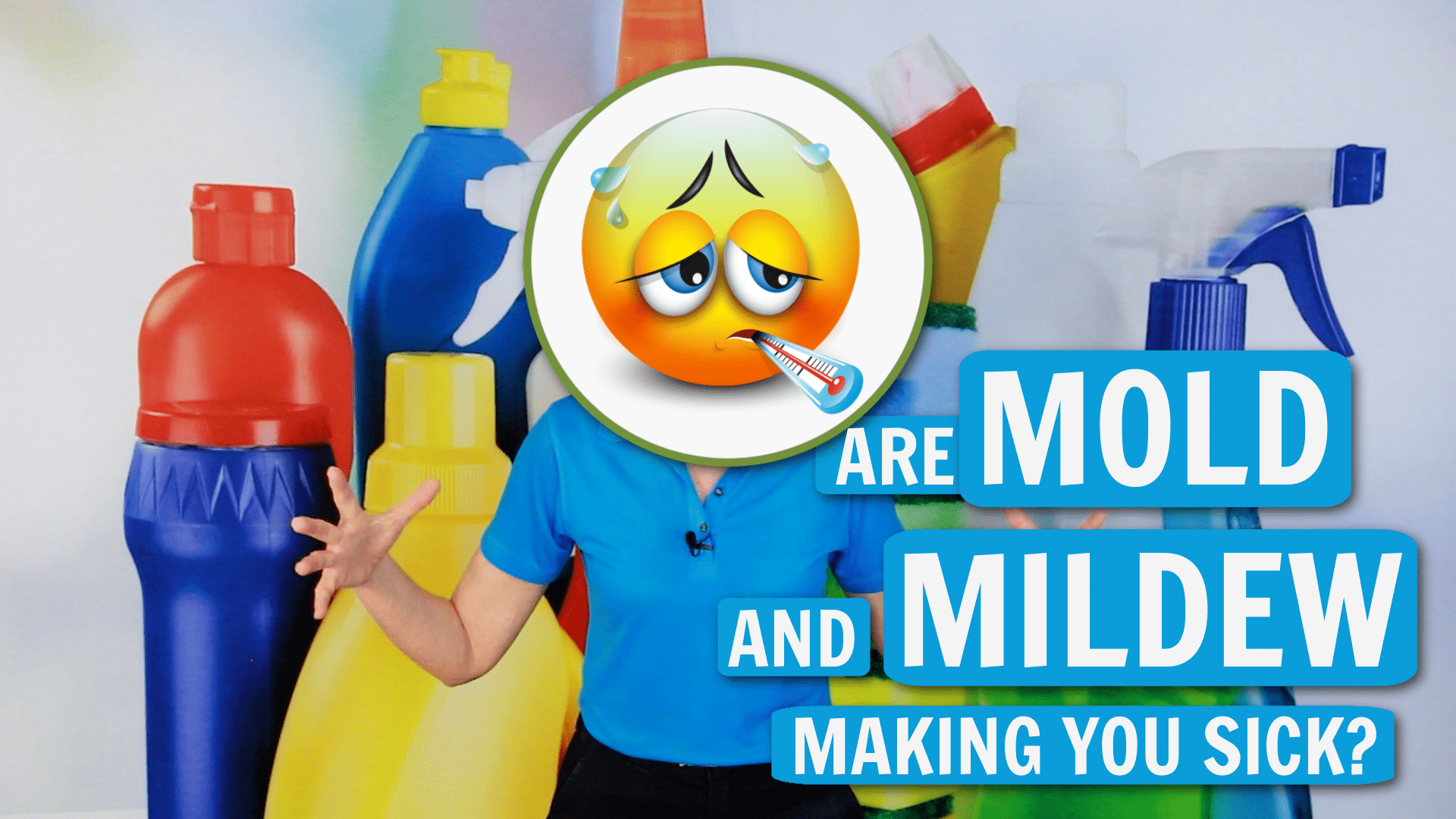
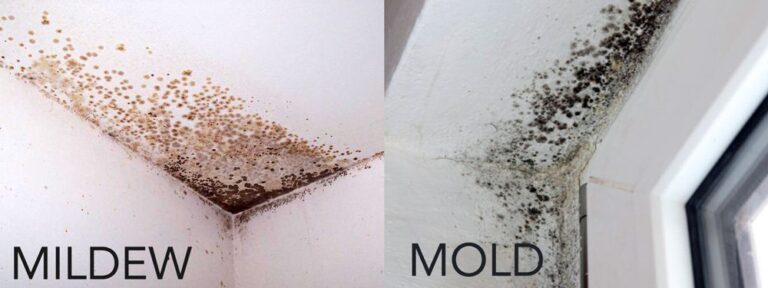




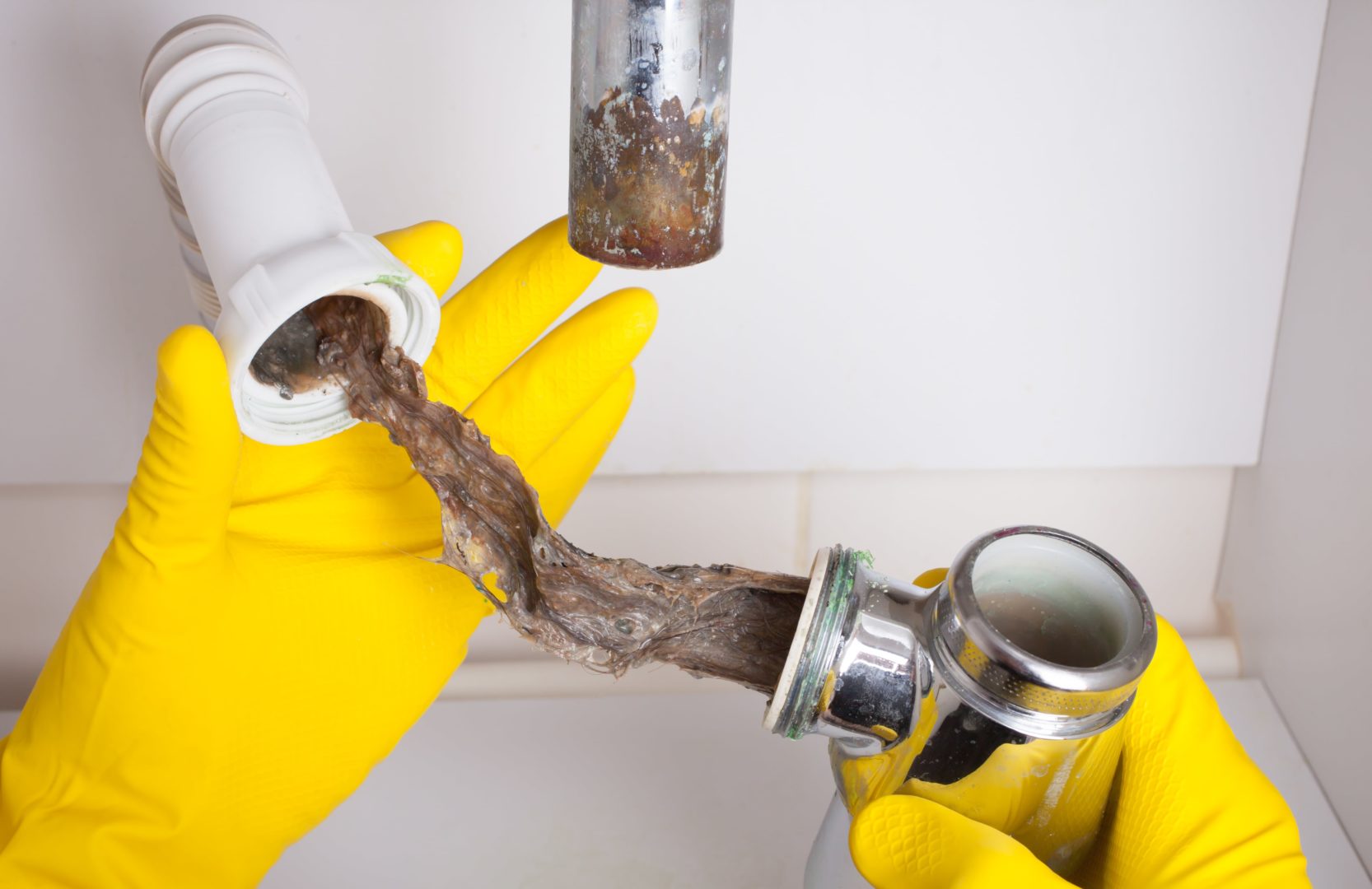
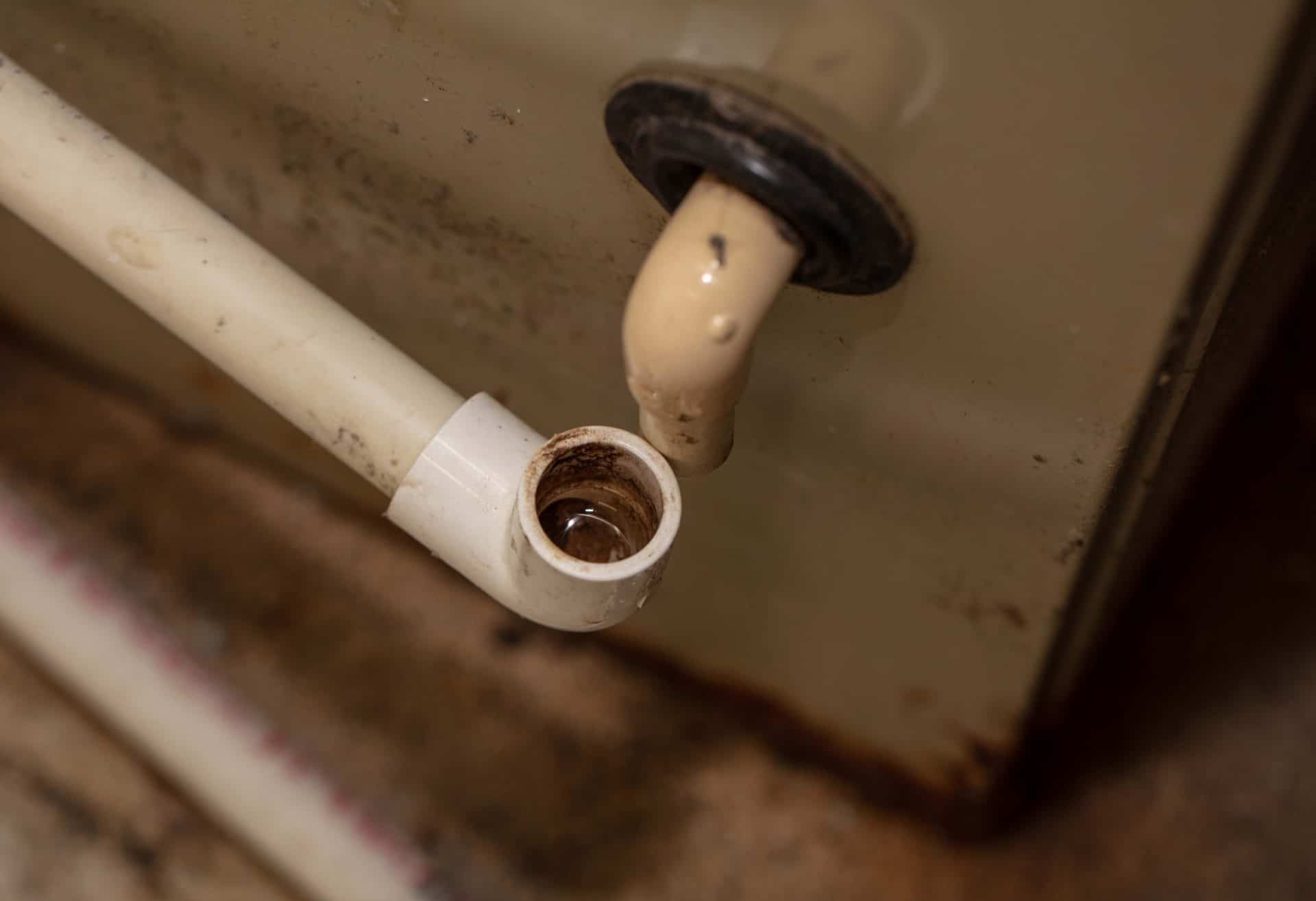

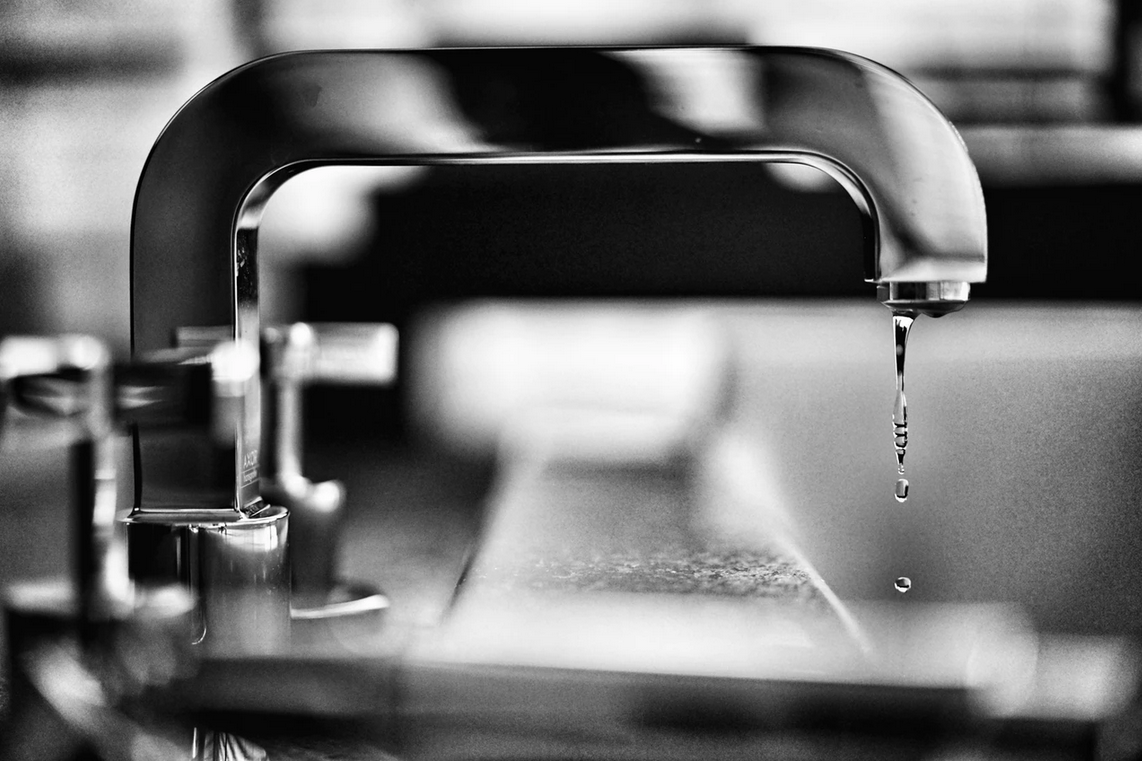


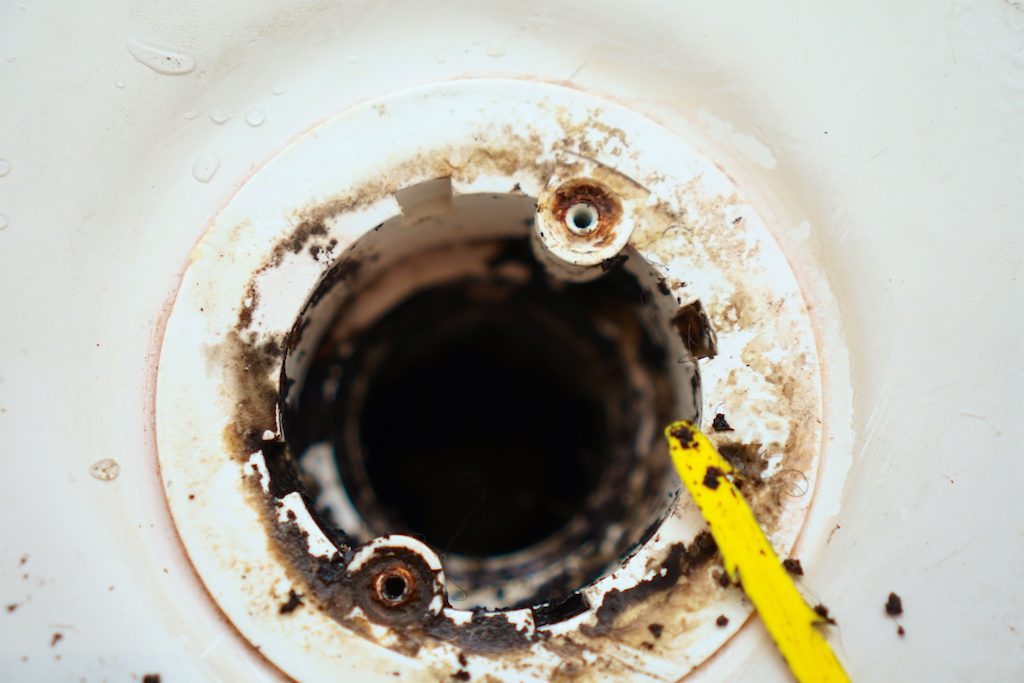
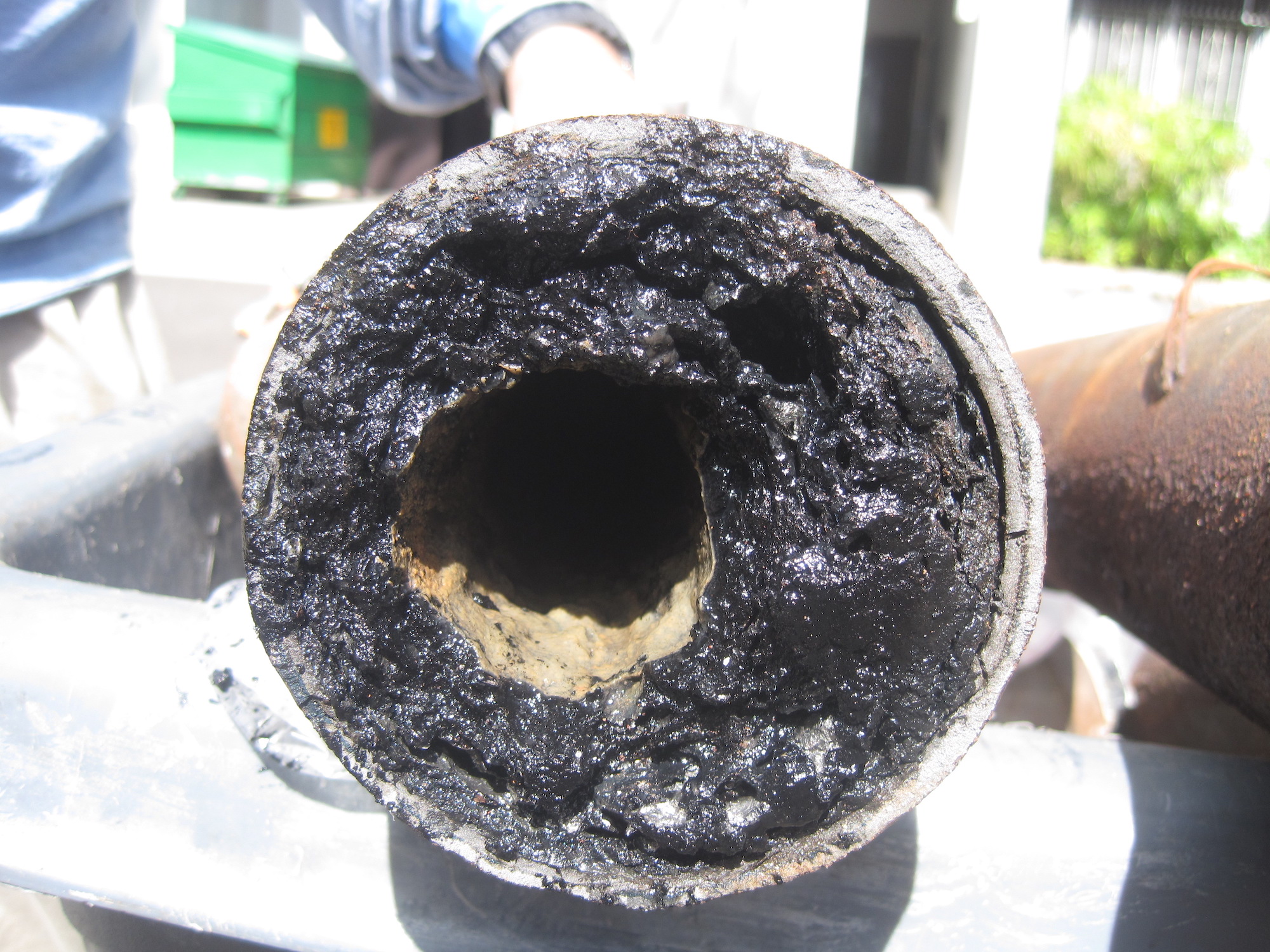


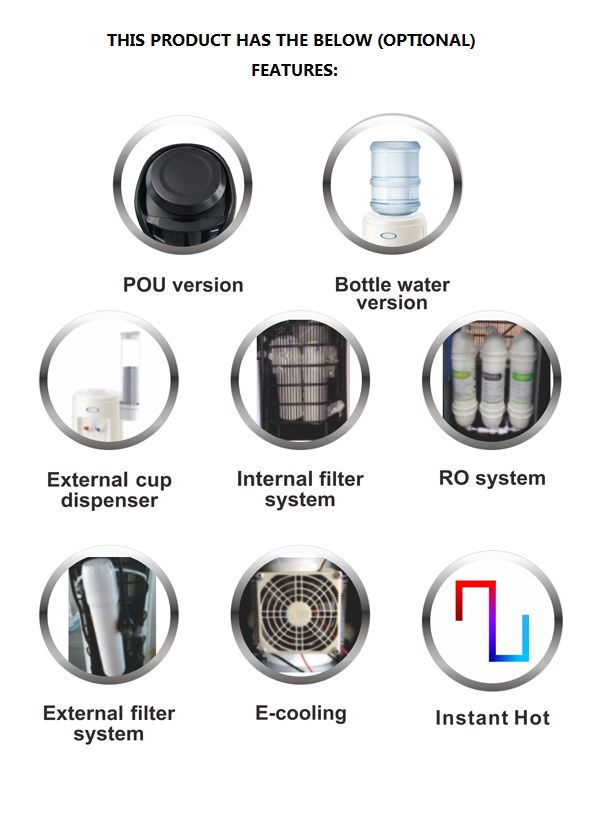


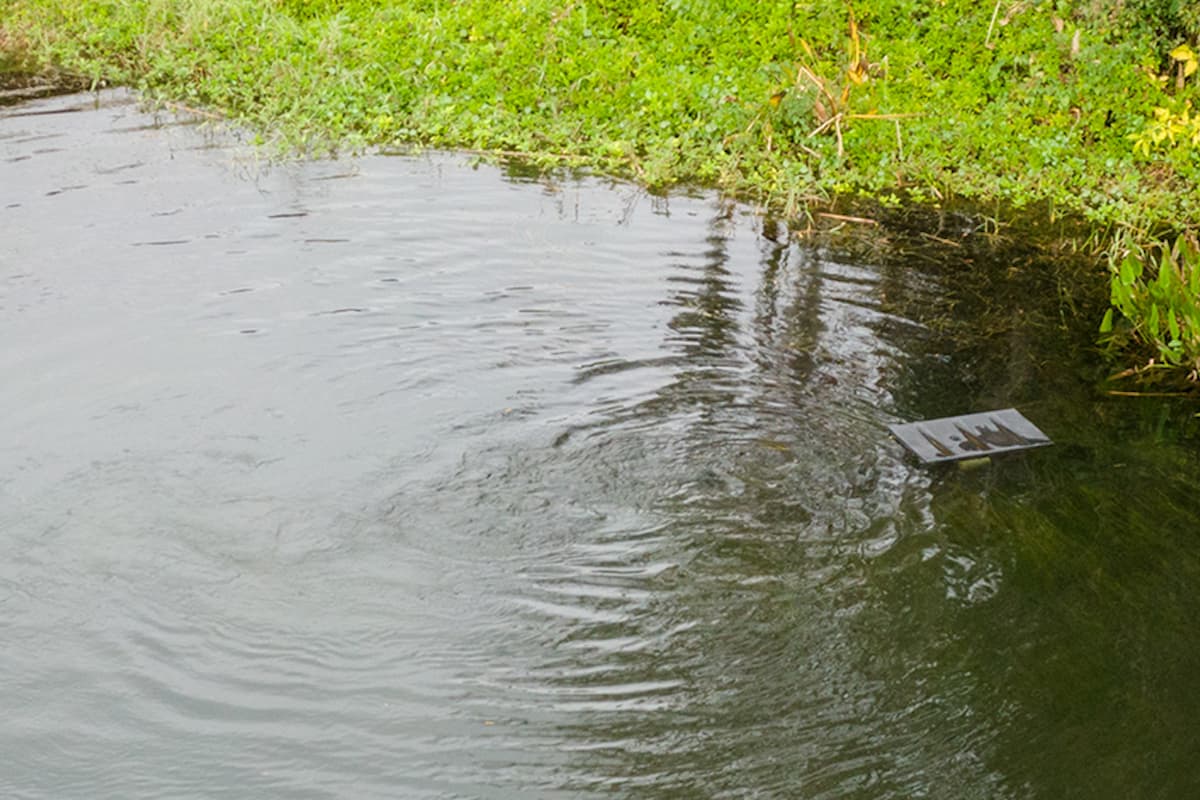


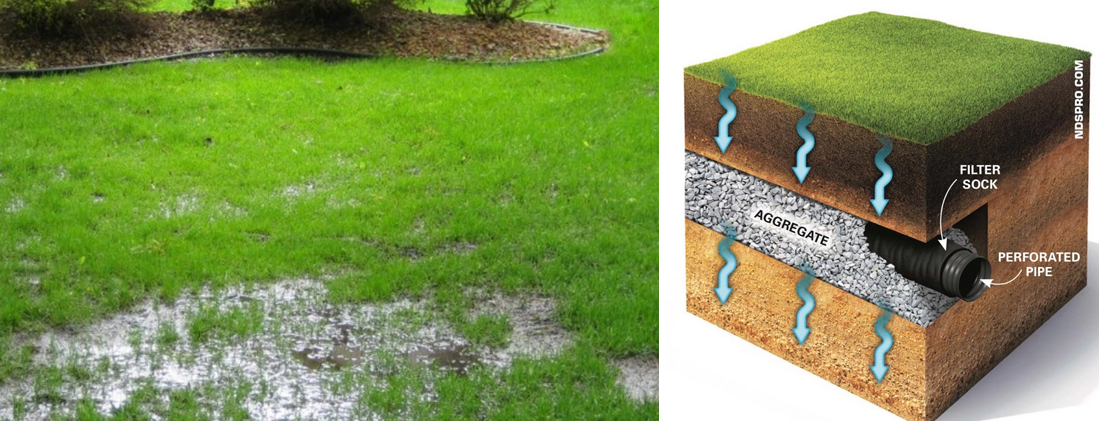
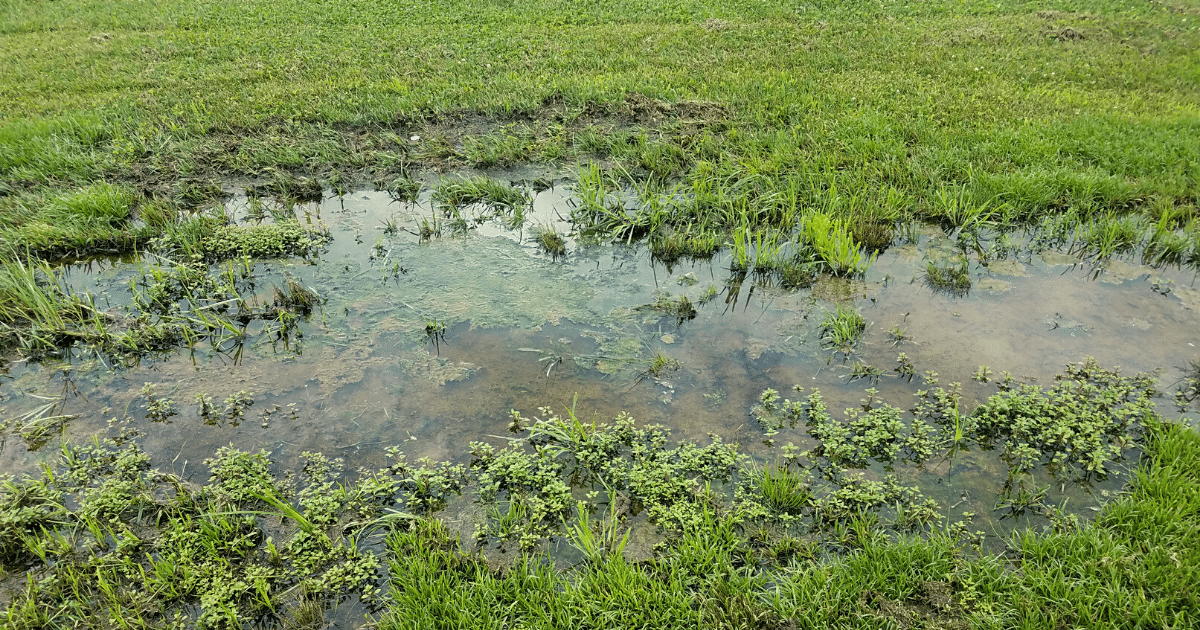
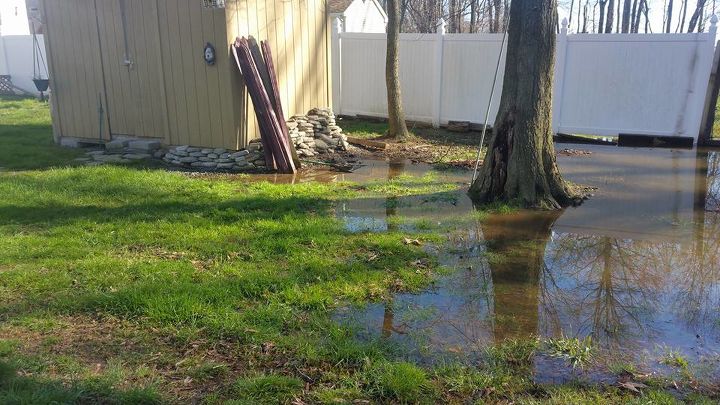
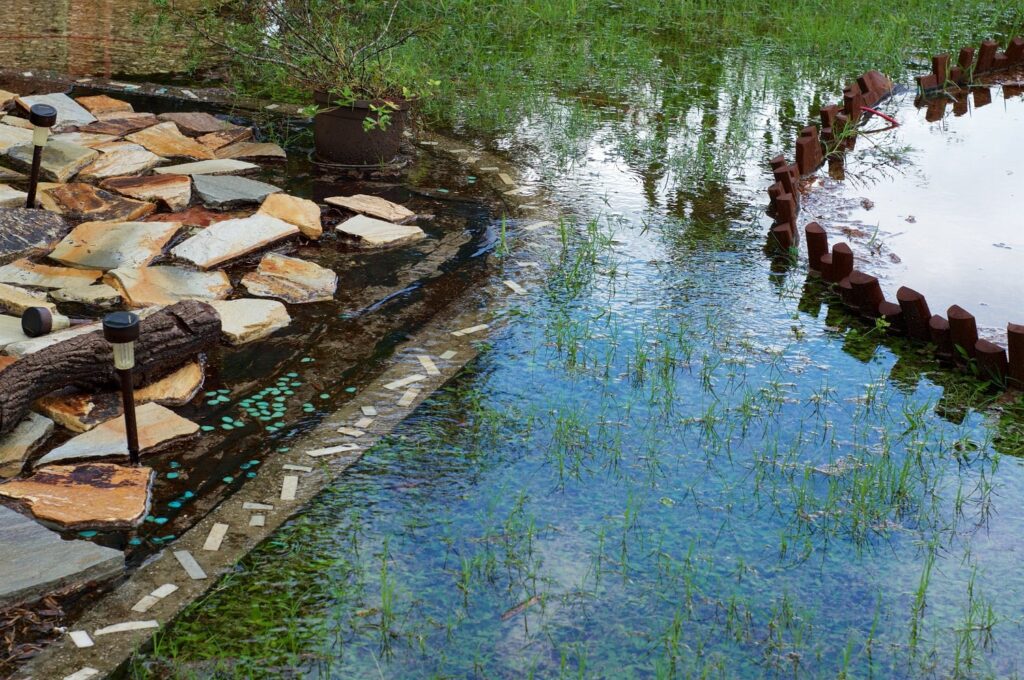
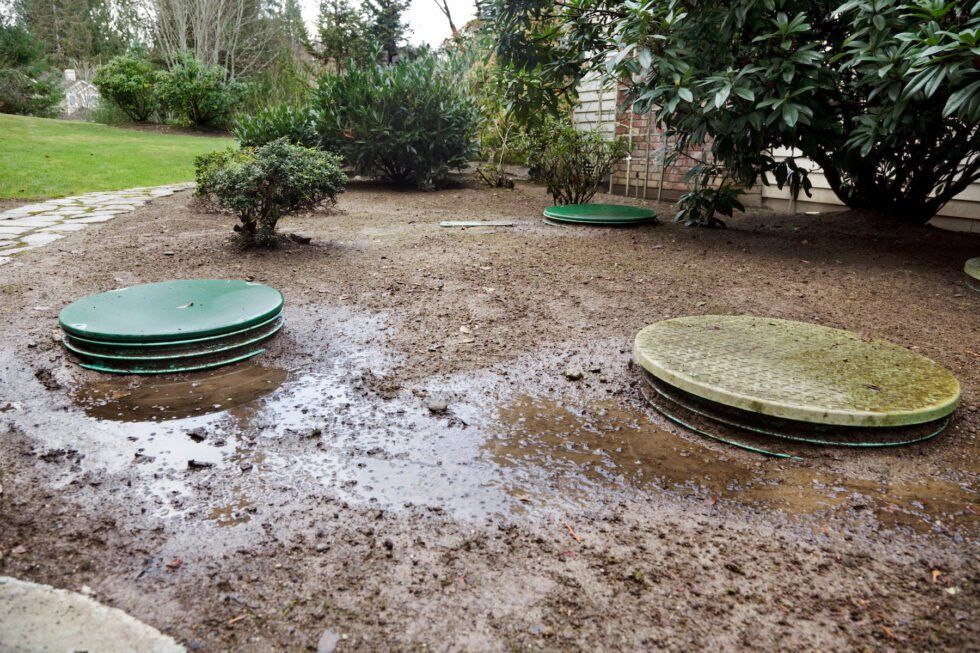







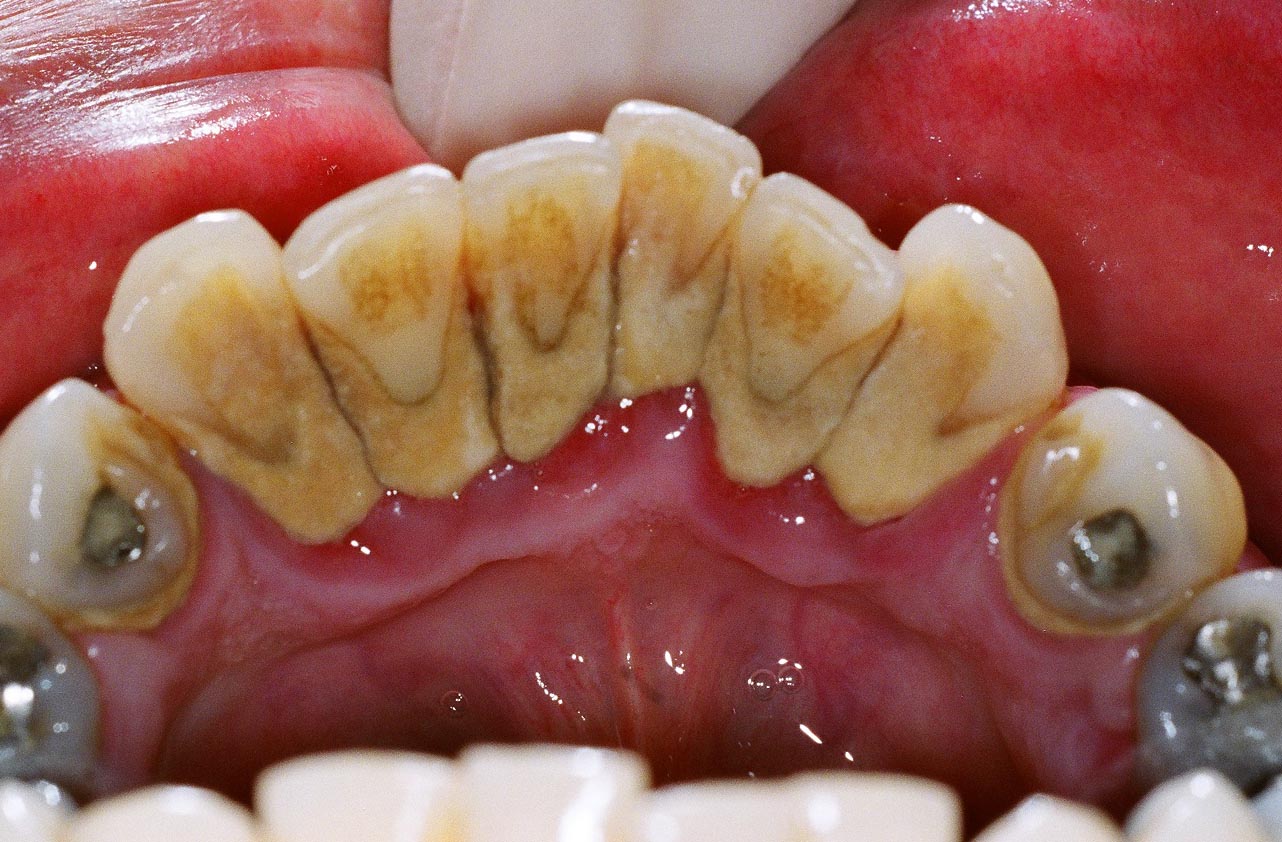


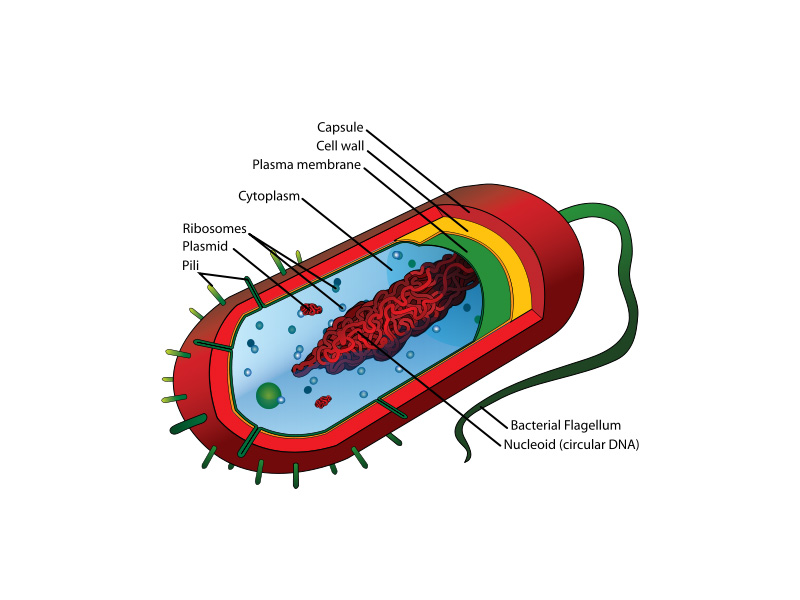
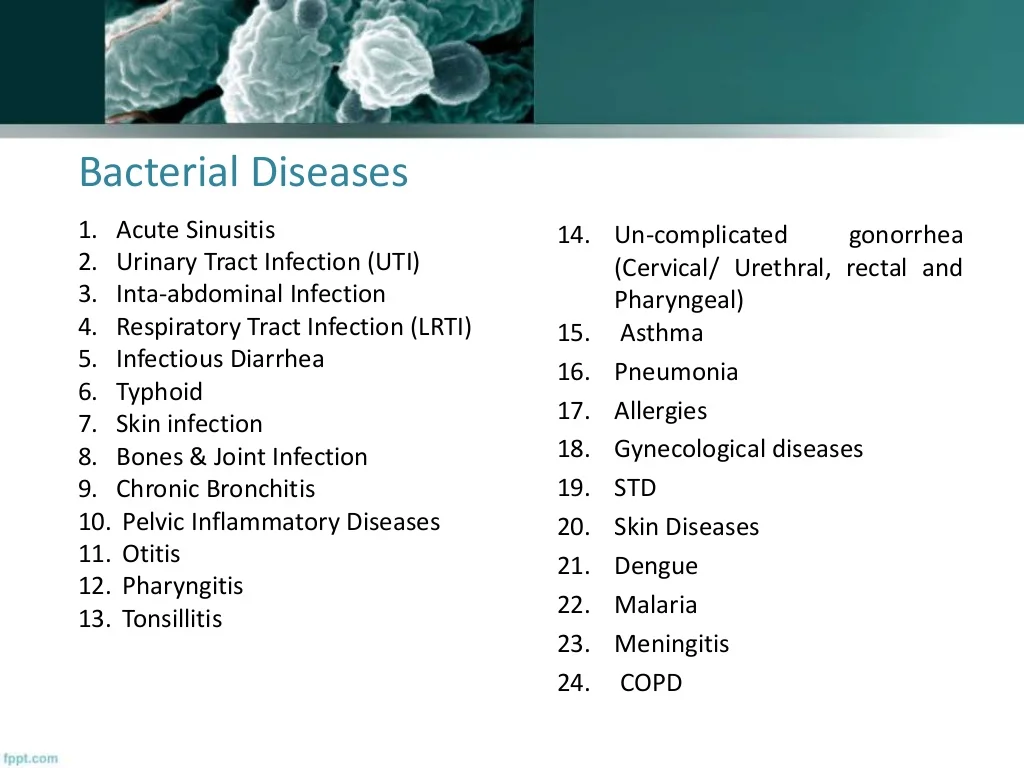

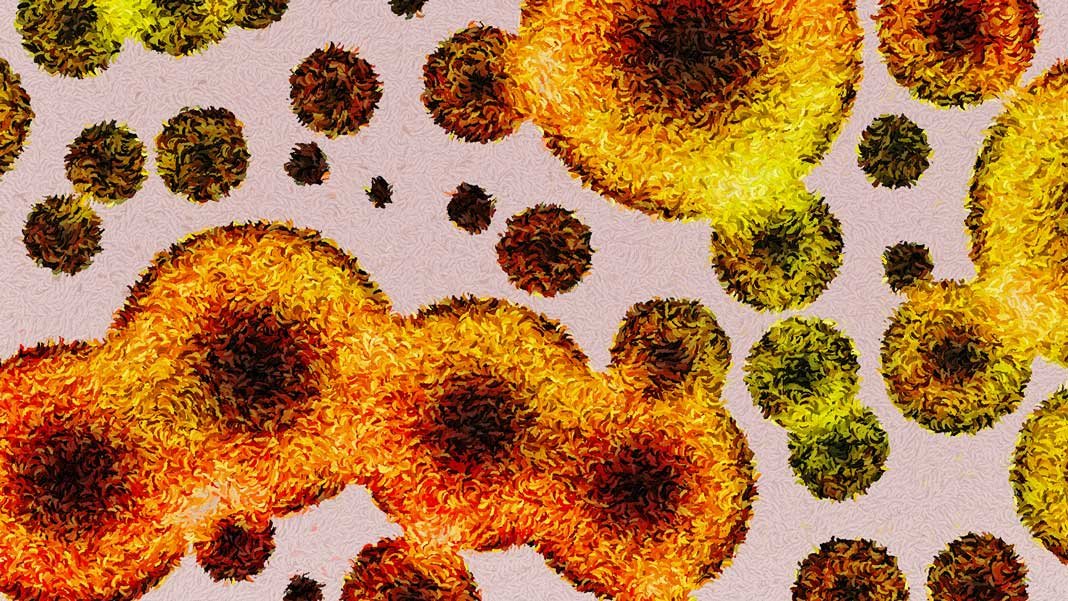



:max_bytes(150000):strip_icc()/a-low-residue-diet-pros-cons-and-what-you-can-eat-5187250-a-cf4fad7253994582a1b68dadd7e335d4.png)





